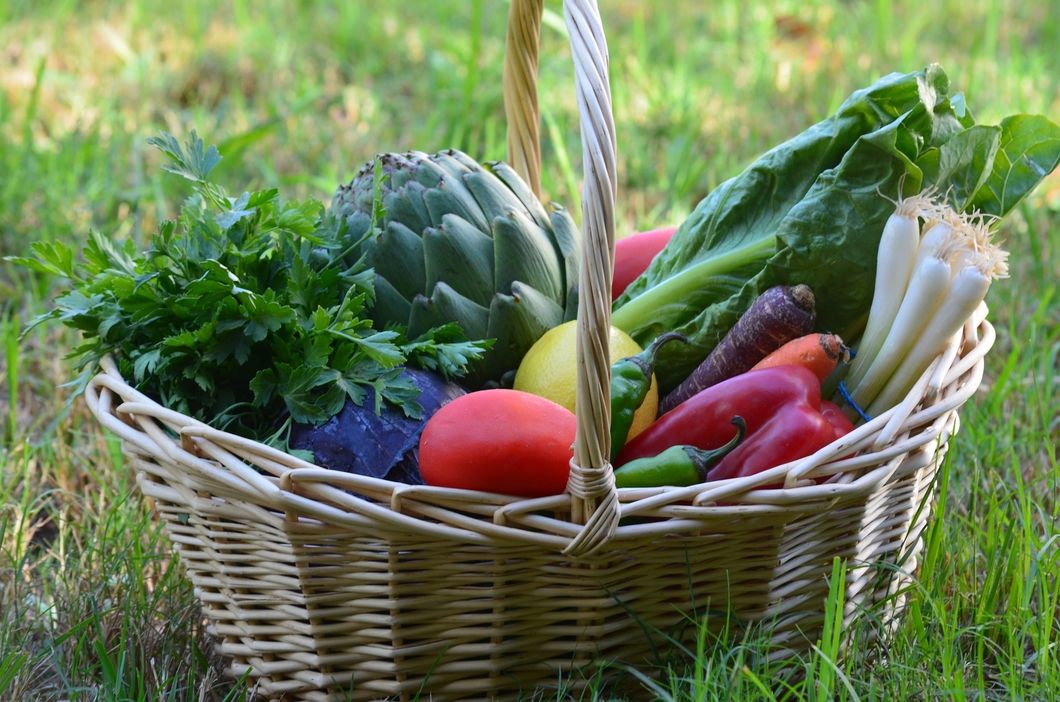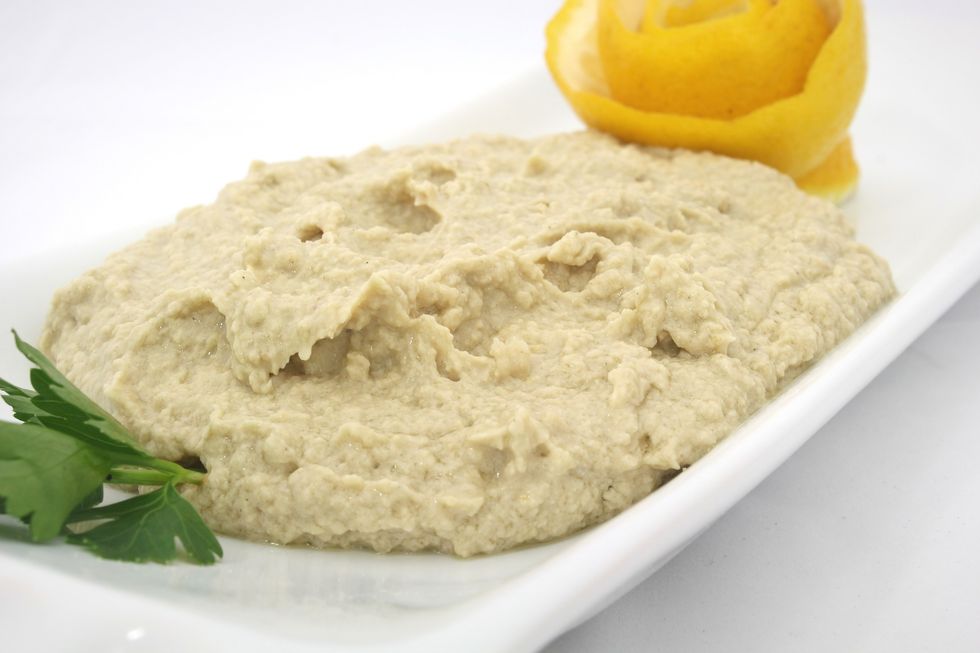Whether you're looking for a lifestyle to further your health and wellness, or empathize with the animals abused just for a cheap, greasy snack— veganism is not only trending among millennials but is also a foodway that cultivates a healthy routine you can carry throughout your life (Unlike the keto diet, which is only useful for results in the short term!).
However, since humans are omnivores, there are some dietary needs that the unthoughtful consumption of plants will not meet. For instance, when veganism first emerged in 1944, according to the vegan society's website, most vegans experienced a B12 deficiency. Found only in animal products, a lack of this nutrient over a period of five years leads to "anemia and nervous system damage." Originally, it was thought to be a medical myth to deter people from veganism, but has since been proven in studies time and time again to be a legitimate concern. Now, vegans often consume food fortified with this nutrient or through supplements.
Just as well, vegans have to be attentive to the variety of protein-rich plant sources they eat. If one isn't careful, they could deprive their body of one of the nine amino acids essential for life. In doing so, they risk muscle loss, hair breakage, and fatigue among other symptoms. Although it has been found that amino acids don't have to be consumed in tandem with one another, most find it helpful to eat meals which make a "complete protein." So, without further ado, here are five complete protein sources for your vegan journey.
Peanut butter on Whole-Grain Bread
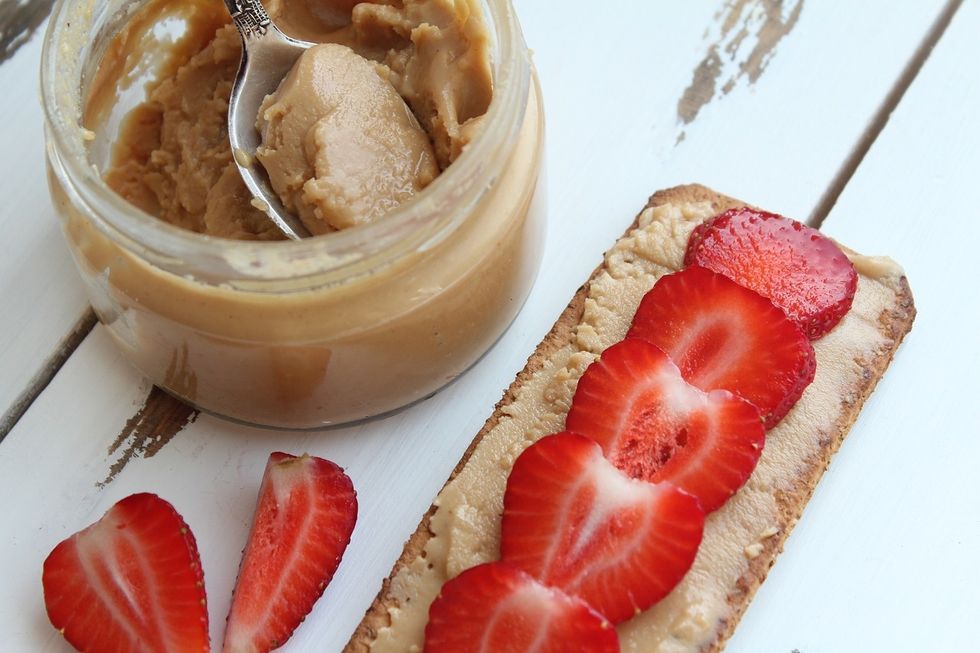
Yes, that PB and J sandwich makes a vegan complete protein, albeit a minute amount (approximately a little less than 10 grams). Try using Dave's killer bread powerseed bread for more protein.
Rice and Beans
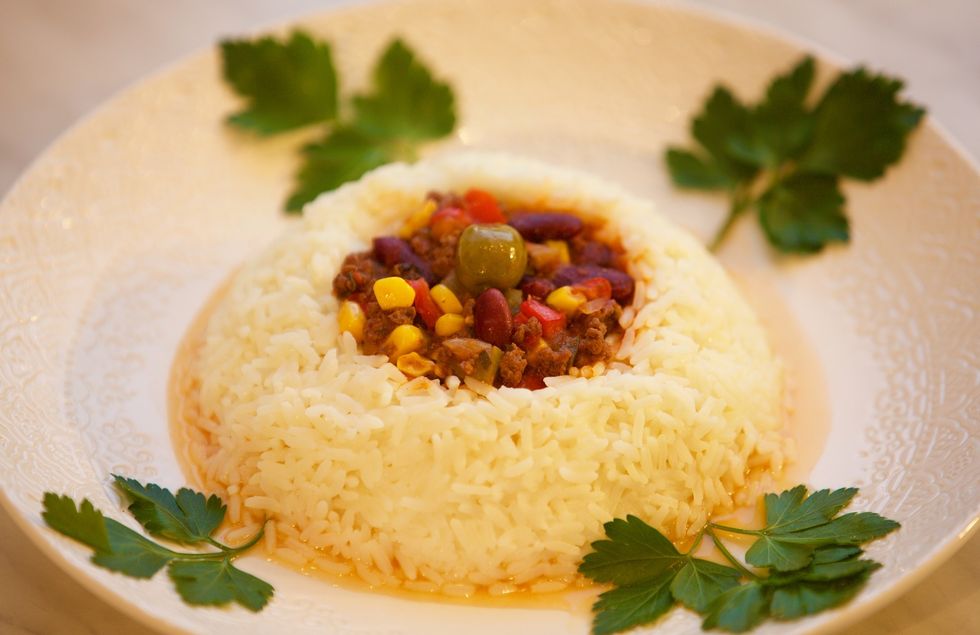
The most commonly understood complete protein, rice and beans can also be uncomfortably high in sodium if one isn't careful. Opt for Goya's low sodium canned beans (I prefer kidney beans) and brown rice.
Quinoa
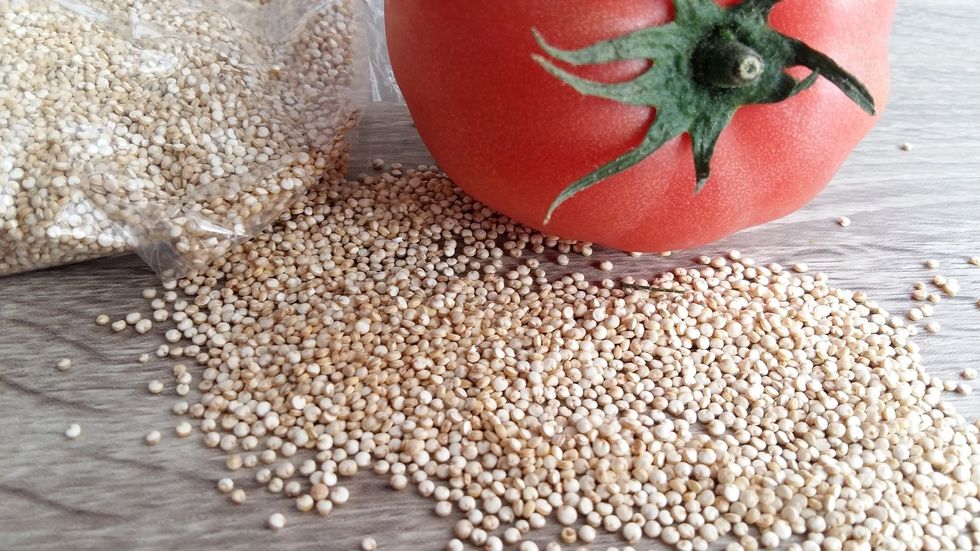
The seeds of a leafy, green African plant, this grain is surprisingly full of all of the essential amino acids. Again, be wary of its salt content and chop up some veggies like broccoli or bell pepper with it.
Many of these plant-based complete-proteins are recognizable to us for a reason— they are not only healthy, but delicious. So, if you're beginning your journey into the wilderness of veganism, remember that you're not giving up taste or risking your health—but discovering terrain that is both healthful and familiar.

